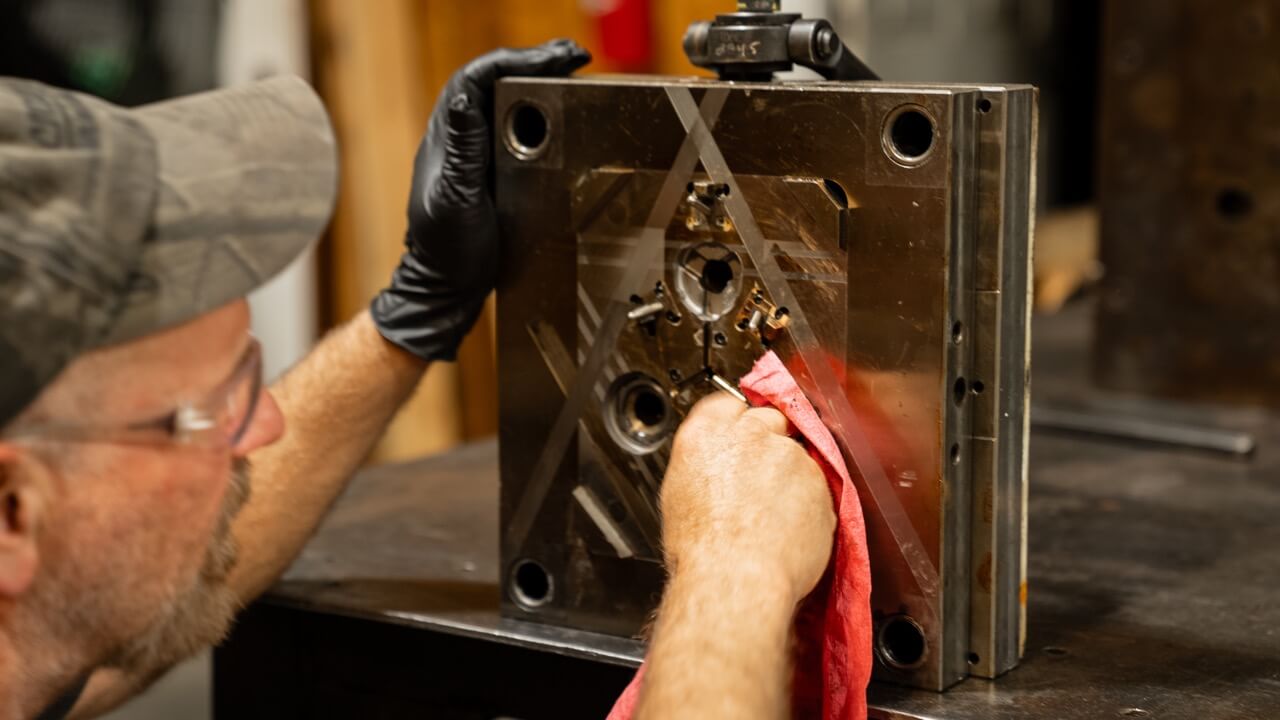November 2, 2023•
Injection mold tooling, Plastic Injection Molding, Plastic part manufacturing•
Bill Hall
Plastic injection molding is a widely used manufacturing process that produces a vast range of plastic products, from small components to large parts used in various industries. To ensure the final products meet the desired specifications and performance standards of the end client, rigorous quality control measures are essential. At Murray Plastics, we employ several practices to help ensure the quality of our products. Here are some of the best practices we use.
-
Material Selection:
Quality control in plastic injection molding begins with the selection of the right raw materials. The choice of resin type, grade, and supplier can significantly impact the final product's quality and performance. It is essential to work with reputable suppliers who provide consistent materials and ensure they meet industry standards. Thorough testing and certification of materials can help maintain quality assurance throughout manufacturing.
-
Precise Machine Calibration:
The calibration of the injection molding machine is critical in achieving high-quality products. Regular maintenance and calibration checks ensure that the machine operates within the specified tolerances. It's essential to monitor variables like temperature, pressure, and injection speed to prevent defects like warping, sinking, or flash in the molded parts.
-
Mold Design and Maintenance:
The design and maintenance of molds play a pivotal role in the quality control process. A well-designed mold should account for factors such as material flow, cooling, and part ejection. Routine maintenance, cleaning, and inspection of molds are essential to prevent defects and ensure consistent product quality.
-
Training and Skill Development:
The people involved in the injection molding process also play a significant role in quality control. Training and skill development programs should be in place to ensure that the operators and technicians have the knowledge and expertise to operate the machines and troubleshoot issues effectively. We believe in this so much that we even partnered with Lanier Technical College’s Quality Control Apprenticeship Program. We are proudly featured in Talent Pipeline magazine for this pioneering approach to workforce development through apprenticeship programs to foster talent, optimize operations, and captivate new clients.
Quality control in plastic injection molding is crucial for producing reliable and consistent products. Manufacturers can reduce defects, minimize waste, and enhance customer satisfaction by following best practices and maintaining strict adherence to injection molding quality standards and quality assurance procedures. High-quality products not only ensure the safety and functionality of the end-user products but also contribute to the long-term success and reputation of the manufacturing company.
Last modified: January 9, 2024
